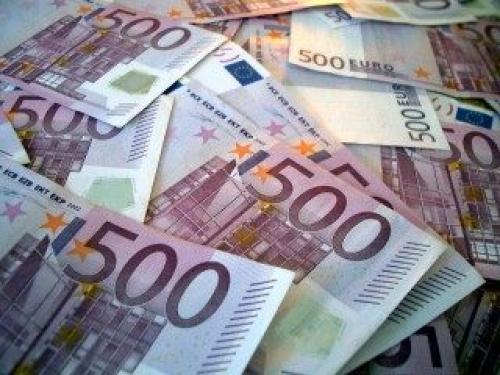
Will the doom and gloom never stop? Nope, says the London-based think tank Centre for Economic and Business Research (CEBR) in their top ten predictions for the coming year. CEBR foresees another euro crisis in the spring of 2011stemming from Spain and Italy having to refinance their bonds. If the euro does not break up at this point, says CEBR, it will fail later due to most of the euro countries’ inability to take the “tough medicine” necessary to regain competitiveness. Alas, CEBR gives the euro a dismal one in five chance of surviving the decade in its present form.
The close connection between the euro and the entire European project was again noted at the highest levels, this time by Sarkozy in his New Year’s speech. “The end of the euro would mean the end of Europe. I will oppose this backlash with all my strength”, said Sarkozy. Thus the French president joined EU Council President Herman Van Rompuy’s stressing of the enormous political implications of a euro failure – Van Rompuy warning that the eurozone crisis constituted a “surivial crisis” for the EU.
Estonia, in an event that a few years ago would seem much the merrier, became the 17th member of the euro zone on January 1 – and the first former Soviet republic to join the common currency. The modest size of the Estonian economy (a country of 1.3 million people) will have little impact on the bigger economic picture. Nevertheless, it is interesting to observe the continued lure of the euro on “peripheral” economies viewing club membership as the road to economic growth – in spite of the euro’s dire straits. Of course, for Estonia euro membership is related to more than economic development. It is also a way to distance itself from Russia and prove that its future lies firmly with the West.
Need it be mentioned that Estonia cut state spending savagely in order to qualify for membership, and that the country now faces an unemployment rate of 16 percent…. One can only imagine what will be said on the streets of Tallinn, when the Estonians are asked to chip-in to the bailouts of wealthier countries.